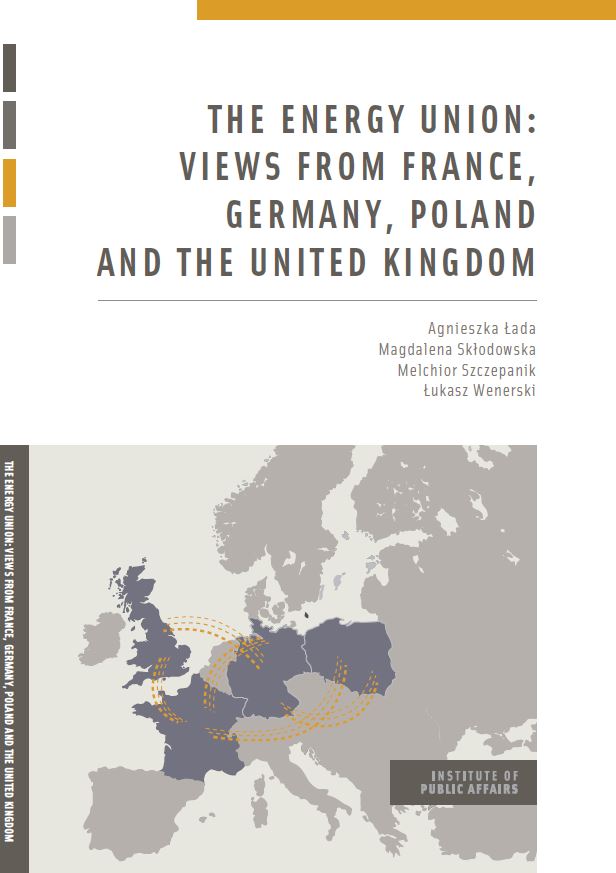Europe
Europe is described here in a geographical sense. It is not limited to the European Union, and includes, for example, the United Kingdom and the Balkans. It remains central to international relations.
Related Subjects

Mind the Deterrence Gap: Assessing Europe’s Nuclear Options
Europe must urgently confront a new nuclear reality. In recent years, Russia’s nuclear-backed revisionism has reintroduced nuclear coercion and the threat of nuclear escalation to the continent, underscoring the importance of credible nuclear deterrence. At the same time, Europe’s traditional reliance on US extended nuclear deterrence appears politically more fragile than at any point since the Cold War. Together, these developments require Europeans to think about their nuclear options.

The Energy Union: Views from France, Germany, Poland and the United Kingdom
Report published by Instytut Spraw Publicznych (ISP) and presented at the 1-2 July 2015 conference organised by ISP, Stiftung Genshagen and Ifri: "Energy Union - Germany, France and Poland between common European goals and divergent national approaches". Melchior Szczepanik (ISP) and Carole Mathieu (Ifri Centre for Energy) co-authored the chapter dedicated to the French perspective on the Energy Union.

European Defence: Minilateralism is not the enemy
To access the whole publication, please click on this link.
Space in a Changing Environment: a European Point of View
The development of European space activities has long been pursued under the framework of the European Space Agency and other national space agencies. More recently, the emergence of the European Union as a new actor for space has paved the way for a series of initiatives and opportunities.

Finally Something New in European Defense
The European defense debate is stepping away from the classical opposition between zealots of “Europe of Defense” and supporters of the North Atlantic Treaty Organization (NATO).

Could Differentiated Integration Unblock the CSDP?
Differentiated integration, which brings some member states together on common means and strategies, appears to be the only route possible to circumvent obstructions to a Common Security and Defense Policy (CSDP) for the 28 member states.

“Minilateralism”: A New Form of Defense Cooperation
Multilateralism has played a significant role in international cooperation.

Sharing Military Capabilities: Dead-End or Future of Defense?
The framework nations concept, elaborated in Germany, was endorsed at the North Atlantic Treaty Organization (NATO) Summit in Wales in 2014. It attempts to organize defense cooperation between a limited number of countries which share a certain cultural proximity.

Europe’s English Patient
Relations between London and the European construct are founded on a misunderstanding: for mainland Europeans, it represents a global political project, whereas for the British, the European Union is just one international institution among others.

Would Europe, Freed from the Perfidious Albion, Lose its Way?
The United Kingdom’s relationship with the European project could be nothing but complex given its long historical legacy and the implications of political, social and value systems that are often divergent.

The Western Balkans and the Failure of European Enlargement
The process of European enlargement has been officially suspended for five years. Yet in the western Balkans it is rapprochement with Europe that publicly underpins the majority of political policy.
Support independent French research
Ifri, a foundation recognized as being of public utility, relies largely on private donors – companies and individuals – to guarantee its sustainability and intellectual independence. Through their funding, donors help maintain the Institute's position among the world's leading think tanks. By benefiting from an internationally recognized network and expertise, donors refine their understanding of geopolitical risk and its consequences on global politics and the economy. In 2025, Ifri supports more than 80 French and foreign companies and organizations.









